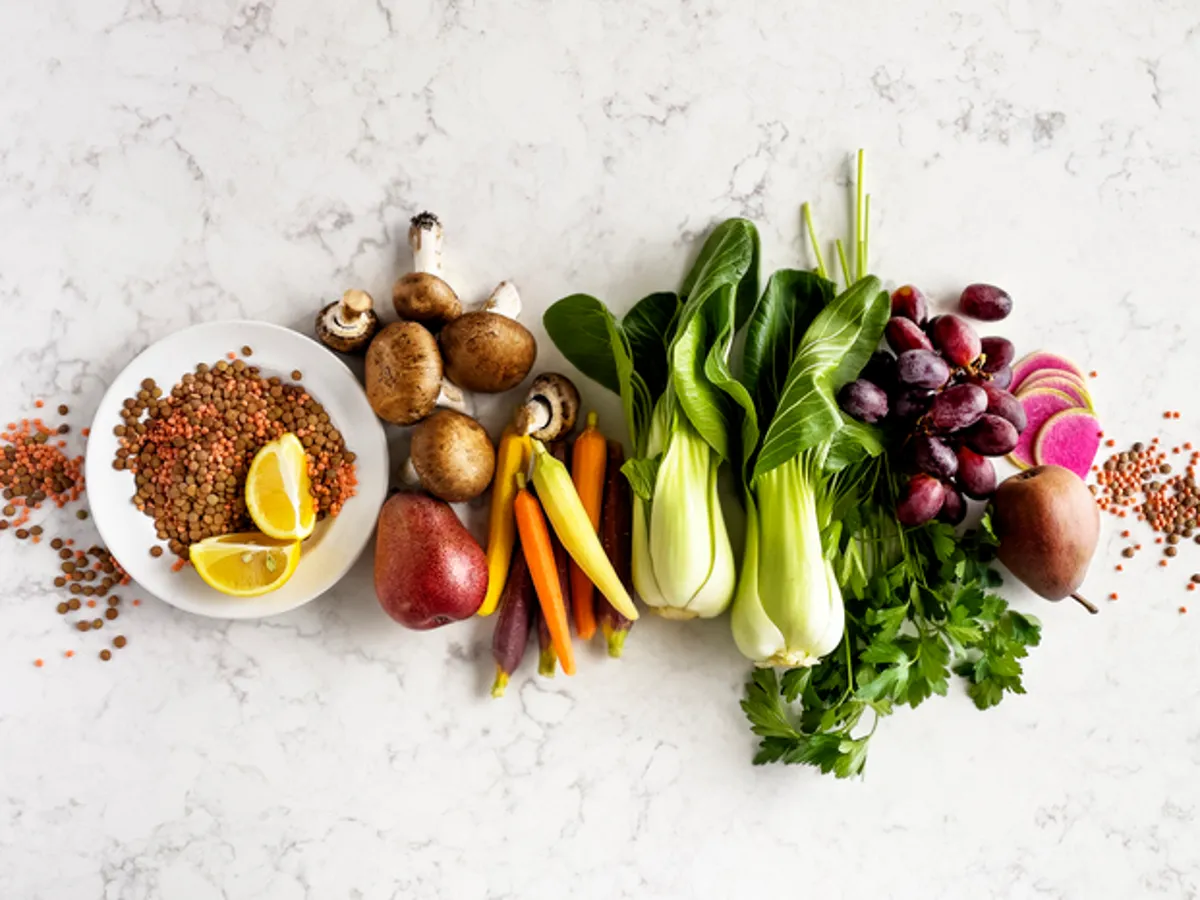5 Tips for Kidney-Friendly Diet Planning
Have you ever heard the saying, ‘You are what you eat’? When it comes to kidney health, this could not be truer. What you put into your body can profoundly impact your kidney function, and meal planning is essential for maintaining healthy kidneys. However, kidney-friendly meal planning does not have to mean bland or restrictive meals.
Knowing what to include in your kidney diet Memorial Hermann Cypress can help support your overall health and prevent further kidney damage. Whether living with chronic kidney disease or looking for better kidney care, meal planning can be a powerful tool. Here are five tips for a kidney-friendly diet to support your kidney health for years.
Monitor Your Protein Intake
Monitoring your protein intake is essential for maintaining good kidney health. Protein is essential for tissue building and repair. However, excessive protein intake can cause your kidneys to work harder to filter out waste products.
That is why it is important to consult with your doctor or a registered dietitian to determine the appropriate amount of protein for your specific needs. They can help you create a meal plan with the right amount of protein while supporting your overall health and wellness. By closely monitoring your protein intake, you can help keep your kidneys functioning at their best.
Limit Sodium Intake
Limiting sodium intake is crucial for protecting your kidney health. Sodium can cause your blood pressure to rise and increase fluid retention, putting extra strain on your kidneys. Therefore, it is important to avoid high-sodium processed and packaged foods and try to season your meals with herbs and spices instead of salt.
You can also use low-sodium alternatives to common condiments like soy sauce and ketchup. You can also experiment with vinegar or citrus juices for added flavor. By being mindful of your sodium intake, you can help keep your blood pressure under control and reduce the risk of kidney damage.
Incorporate Healthy Fats
Incorporating healthy fats into your meals can help reduce inflammation and support overall kidney health. Healthy fats such as olive oil, nuts, seeds, and avocados are all excellent sources of unsaturated fats. These fats can also help reduce the risk of heart disease and other chronic conditions.
Including healthy fats in your diet can also help you feel fuller for longer, making it easier to stick to a healthy meal plan that supports your kidney health. Add olive oil as a salad dressing, nuts, and seeds to your breakfast oatmeal or top avocado slices on your sandwich. Doing so can improve your kidney function long-term while enjoying delicious and satisfying meals.
Drinking plenty of fluids can help flush out waste products and prevent kidney stones from forming. Aim to drink at least eight glasses of water daily, but adjust this amount based on your needs and health status. If you have kidney disease, your healthcare provider may recommend a specific fluid intake level to help manage your condition.
Increase your fluid intake by incorporating hydrating foods like fruits and vegetables. Some examples include watermelon, cucumber, and strawberries. Staying hydrated can help keep your kidneys functioning properly and reduce the risk of kidney damage.
Reduce Potassium and Phosphorus Intake
Being mindful of phosphorus and potassium intake is crucial for people with kidney disease. High levels of these minerals in the blood can harm the kidneys and contribute to complications such as bone disease and heart disease. Some examples of high-potassium foods include bananas, oranges, potatoes, and spinach.
High-phosphorus foods include dairy products, nuts, and seeds. It is important to consult with your healthcare provider or a registered dietitian to determine the appropriate amount of these minerals for your needs. They can help you create a meal plan with the right amount of these minerals while supporting your overall health and wellness.
Making simple changes to your diet can go a long way in protecting your kidneys and supporting their function. By following the above tips, you can take charge of your kidney health and make informed choices about what you eat. Remember that making small, sustainable changes to your diet can have a big impact over time.
Also, remember every individual’s nutritional needs are unique. Therefore, always consult your doctor or a registered dietitian to determine the best dietary plan. With all this in mind, do not hesitate to take the first step towards a healthier future by incorporating these tips into your meal planning today.





